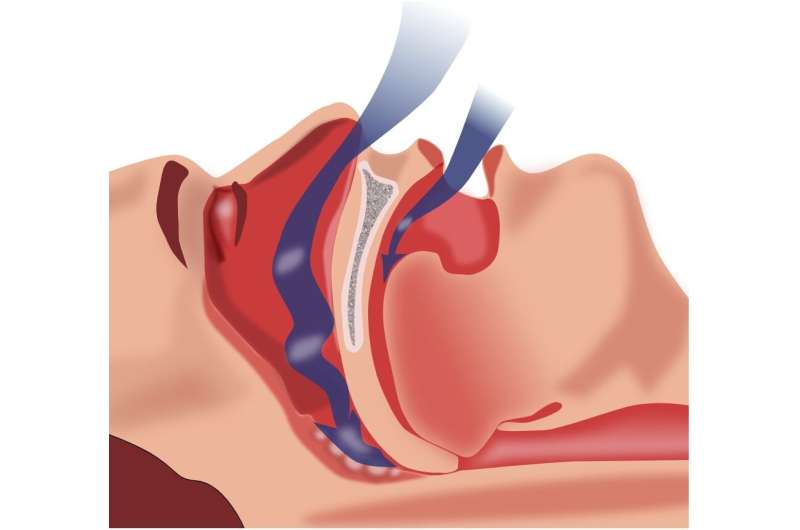Customized Deep Brain Stimulation Enhances Gait in Parkinson's Disease Patients

Innovative personalized deep brain stimulation techniques are showing promise in improving walking and gait stability in Parkinson's disease patients, leading to better mobility and quality of life.
Recent advancements in Parkinson's disease treatment have demonstrated that tailored deep brain stimulation (DBS) can significantly improve walking abilities. Parkinson's gait, characterized by shortened steps and asymmetry, often hampers mobility, elevates the risk of falls, and diminishes quality of life. While high-frequency DBS reliably alleviates tremors, rigidity, and slow movement, its effects on gait disorders have been inconsistent, partly due to the lack of standardized gait assessment methods and understanding of stimulation parameters.
A pioneering study conducted by the University of California, San Francisco, introduced a systematic approach to measuring gait features relevant to Parkinson's disease, utilizing machine learning to determine the most effective DBS settings for individual patients. These personalized settings resulted in notable improvements, including faster and more stable steps, without exacerbating other symptoms.
The research findings, published in npj Parkinson's Disease, involved implanting patients with a DBS device capable of stimulation and neural activity recording during walking. By adjusting DBS parameters within safe ranges and analyzing neural and gait data in real-time, researchers developed a comprehensive walking performance index (WPI). The WPI considers metrics like step length, stride velocity, arm sway, and gait consistency, allowing precise assessment of gait improvements.
The study identified specific brain activity patterns linked to enhanced gait, notably decreased beta-band activity in the globus pallidus during certain gait phases. These neural biomarkers facilitated the creation of personalized stimulation protocols that closely aligned with individual neural dynamics. This personalized approach underscores the importance of data-driven interventions, promising more effective treatments for gait disturbances.
Future directions include integrating this methodology into automated, real-time systems using gait sensors, wearable devices, and advanced motion capture technology. Such innovations aim to enable continuous monitoring and more refined DBS adjustments, potentially transforming gait management in Parkinson's disease.
This research highlights the potential of personalized neuromodulation to improve mobility and enhance the quality of life for people living with Parkinson's, marking a significant step toward smarter, more targeted therapies.
Stay Updated with Mia's Feed
Get the latest health & wellness insights delivered straight to your inbox.
Related Articles
Mounjaro Approved for Sleep Apnea Treatment: How the Weight Loss Drug Works
Australia has approved the use of Mounjaro, a weight-loss drug, for treating sleep apnea in obese adults. Learn how this medication works and its potential benefits.
New Insights into Genetic Variations Influencing Childhood Brain Tumors
New research reveals how inherited structural variations in DNA influence gene regulation and contribute to childhood brain tumors, opening avenues for improved diagnosis and personalized therapies.
Wyandotte County, Kansas, Launches Low-Cost Measles Vaccination Initiative to Prevent Outbreak
Wyandotte County in Kansas is increasing access to low-cost measles vaccines amid rising cases in neighboring regions to prevent an outbreak and protect public health.
Hospital Heart Failure Management Program Enhances Survival and Reduces Mortality Rates
A comprehensive study shows that hospital programs focused on heart failure care significantly lower mortality rates and improve long-term patient survival through evidence-based practices and quality improvement efforts.



